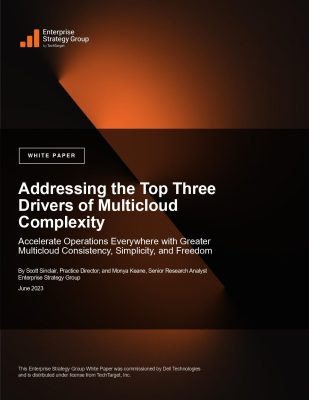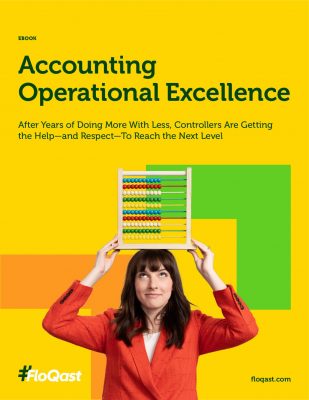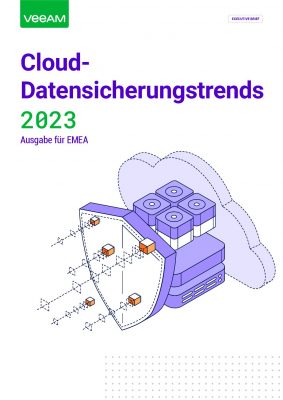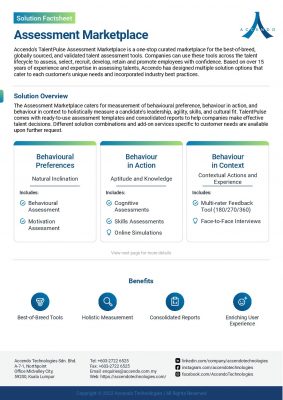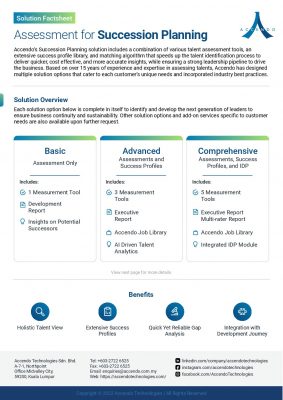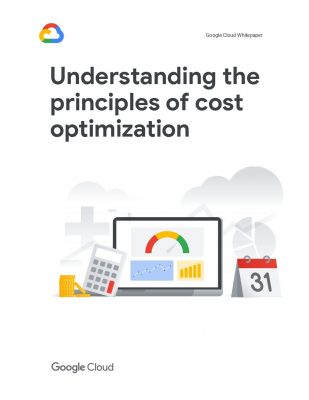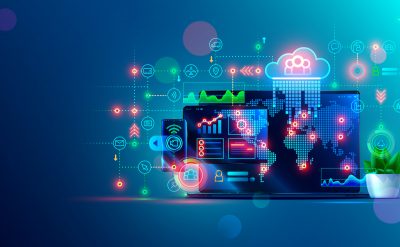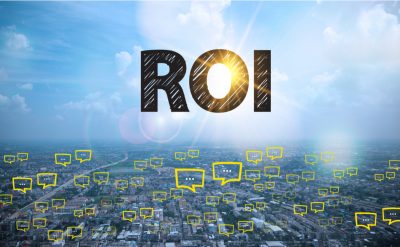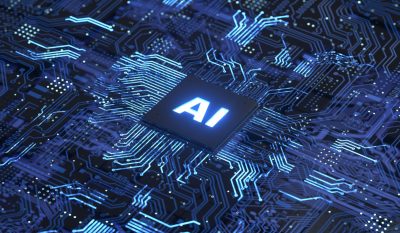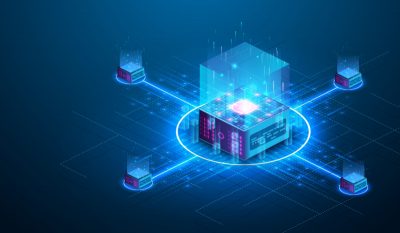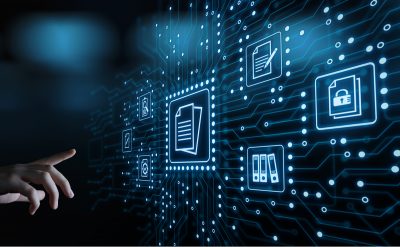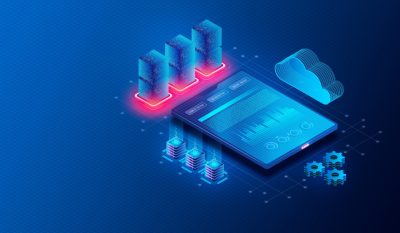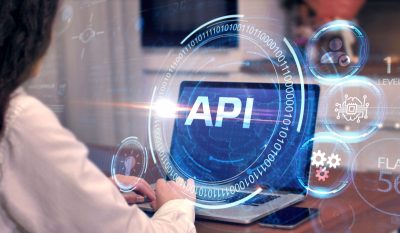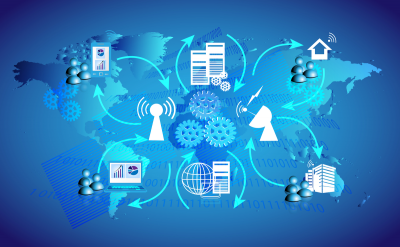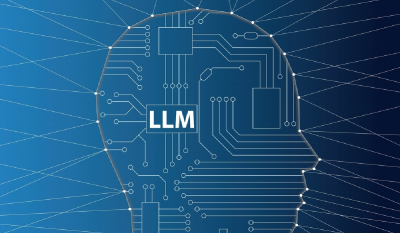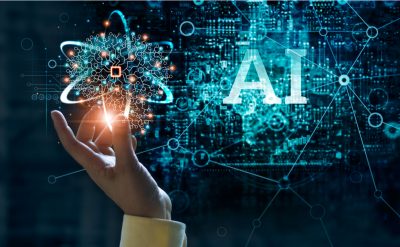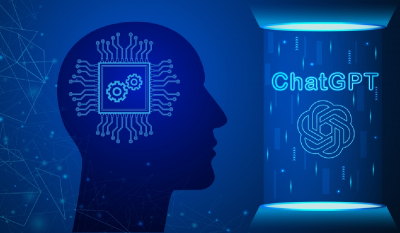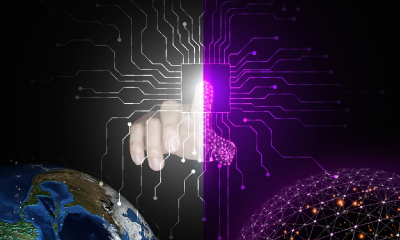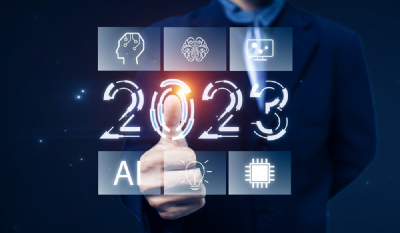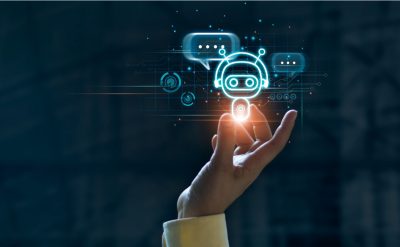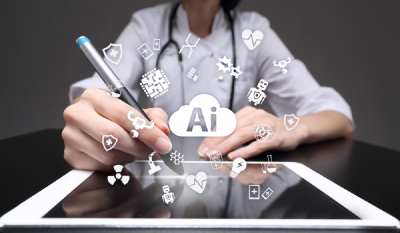Highlights:
- Artificial intelligence has the potential to tackle more difficult problems. It is a good candidate for enhancement via quantum computing, which permits the solution of more challenging situations.
- Quantum artificial intelligence makes the use of machine learning algorithms feasible, which in turn makes quantum computing viable.
Quantum computing is said to be the future of data processing. So much that technology behemoths such as IBM, Google, and Microsoft are all making significant strides in developing quantum computing. However, if you ask people, many won’t even know what exactly the term “quantum computing” means.
Let’s understand the concept first. The principles of quantum physics are utilized in executing computations using a kind of computing known as quantum computing. The processing of information by means of qubits is called quantum computing, and it uses the characteristics of quantum mechanics.
Both quantum computing and Artificial Intelligence (AI) are potentially game-changing technologies, yet artificial intelligence cannot make substantial headway without quantum computing. As AI has the potential to tackle more complex problems, it is a good candidate for enhancement via quantum computing, which permits the solution of more challenging situations.
Let us explore more about quantum artificial intelligence in detail.
What is Artificial Intelligence Quantum?
Quantum artificial intelligence makes the use of Machine Learning (ML) algorithms feasible, which in turn makes quantum computing viable. Due to the computational benefits of quantum computing, quantum artificial intelligence can achieve previously unreachable results with traditional computers.
Machine learning and artificial intelligence are the two primary areas of study prioritized using quantum artificial intelligence algorithms.
Why does AI need Quantum Enhancement?
Artificial intelligence has made significant progress but has not yet been able to surpass the limitations of computers. Because AI systems handle such massive data, it is essential to use the available processing capacity. Quantum computing can fulfill this need for power and open the door for artificial intelligence to realize its full potential of attaining AGI (Artificial General Intelligence). Utilization of the capabilities of quantum computing to effortlessly train machine learning models and produce optimized algorithms might be possible.
The application of quantum computing results in artificial intelligence becoming more effective and stable so much that it can perform years’ worth of analysis in a matter of hours, leading to advances in technology.
The relationship between quantum physics and artificial intelligence is mutually beneficial.
Accurate and efficient AI algorithms can be applied to fine-tune quantum circuits, which can help reduce mistakes and save time in most problem areas of quantum research.
How does Quantum Artificial Intelligence function?
Quantum artificial intelligence consists of four main steps as below:
- The first thing that must be done is to transform the quantum data into a standard format. After that, the data is converted into what is known as a quantum tensor, which is a multidimensional array of integers. After that, quantum AI will do certain transformations on these tensors to produce a dataset.
- In the second stage of the process, several models of quantum neural networks are selected depending on the quantum data structure. The objective is to decrypt information buried in an entanglement state with quantum processing.
- When quantum states are quantified, information can be extracted from their corresponding classical distributions in the form of samples. The quantum state serves as the source from which the values are derived. Artificial intelligence based on quantum mechanics offers methods for mixing several runs, each of which has steps (1) and (2).
- After first transforming the data into a traditional form, the data is then used by deep learning algorithms to find links between the data.
Quantum Computing is the Future of AI
As per research, the market for quantum computing will reach USD 2.2 billion in 2026, while the number of quantum computers that will be operational will reach around 180. During the same year, approximately 45 machines will be manufactured.
Traditional computers can answer issues far more slowly than their quantum counterparts can. Because of this, the quantum computer is an excellent and desirable option for enhancing artificial intelligence. Processing large amounts of data requires much computational power.
Quantum computing is now the preferred method of operation for potential end users, who would instead use this method, then make the technologically hazardous and financially prohibitive investment in quantum computing equipment. Quantum software applications, developers’ tools, and the number of quantum engineers and experts will grow as the infrastructure develops over the next five years, allowing more organizations to harvest the power of quantum computing and AI and encouraging many universities to add quantum computing to their curriculum.


